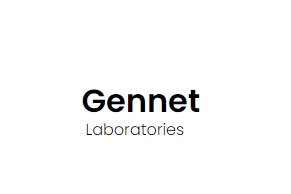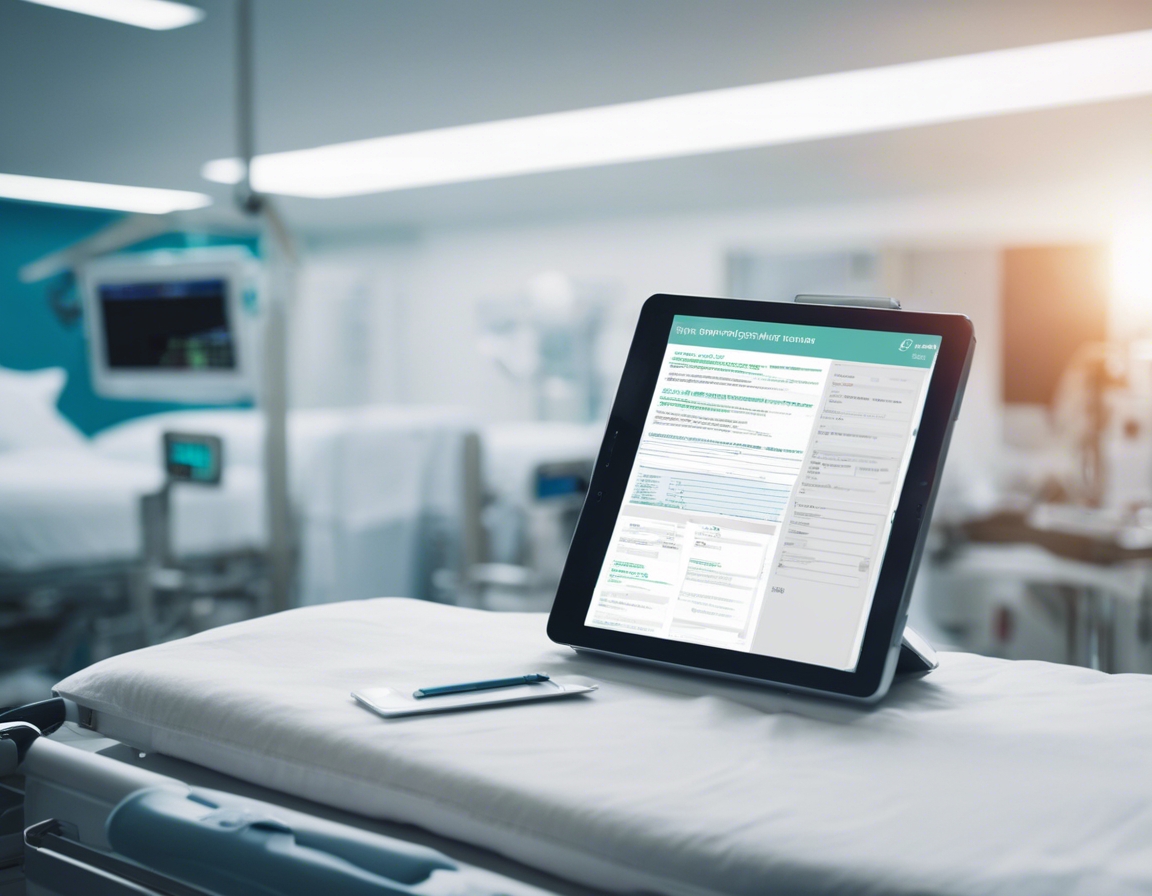The role of economic software in healthcare
In the rapidly evolving landscape of healthcare, economic software plays a pivotal role in streamlining operations, managing costs, and enhancing patient care. As healthcare institutions strive to deliver high-quality services while maintaining financial sustainability, the integration of economic software becomes increasingly essential. This software encompasses a range of applications designed to optimize financial management, resource allocation, and operational efficiency within healthcare settings.
2. Importance of Economic Software in Healthcare
Economic software significantly enhances operational efficiency by automating routine tasks, reducing administrative burdens, and facilitating seamless communication across departments. This leads to faster decision-making processes and improved resource management, ultimately resulting in better patient outcomes.
One of the primary benefits of economic software is its ability to manage and reduce costs. By providing detailed financial analytics and insights, healthcare administrators can identify areas of waste, optimize resource allocation, and implement cost-saving measures without compromising the quality of care.
Economic software contributes to improved patient care by ensuring that healthcare providers have access to accurate and timely information. This enables more informed clinical decisions, personalized treatment plans, and enhanced patient engagement, leading to higher satisfaction and better health outcomes.
3. Key Features of Economic Software in Healthcare
Effective economic software solutions offer robust data integration and interoperability capabilities, allowing seamless exchange of information between different systems and departments. This ensures that healthcare providers have a comprehensive view of patient data, facilitating coordinated care and reducing the risk of errors.
Advanced financial analytics and reporting features are integral to economic software, providing healthcare institutions with real-time insights into their financial performance. These tools enable administrators to track key performance indicators, forecast future trends, and make data-driven decisions to enhance financial stability.
Compliance with regulatory standards and ensuring data security are critical aspects of economic software in healthcare. These solutions are designed to protect sensitive patient information, adhere to industry regulations, and mitigate risks associated with data breaches and cyber threats.
4. Challenges in Implementing Economic Software
One of the significant challenges in implementing economic software is integrating it with existing legacy systems. Healthcare institutions often rely on outdated technology, making it difficult to achieve seamless interoperability and data exchange.
Data privacy is a major concern in the healthcare sector, and the implementation of economic software must address these issues. Ensuring compliance with data protection regulations and safeguarding patient information is paramount to maintaining trust and avoiding legal repercussions.
Adopting new economic software requires comprehensive training and change management strategies to ensure successful implementation. Healthcare staff must be adequately trained to use the software effectively, and organizations must manage the transition to minimize disruptions to daily operations.
5. Future Trends in Economic Software for Healthcare
The integration of artificial intelligence (AI) and machine learning into economic software is set to revolutionize healthcare. These technologies can analyze vast amounts of data to identify patterns, predict outcomes, and optimize resource allocation, leading to more efficient and personalized care.
Cloud-based economic software solutions offer scalability, flexibility, and cost-effectiveness, making them an attractive option for healthcare institutions. These solutions enable remote access to data, facilitate collaboration, and reduce the need for on-premises infrastructure.
As personalized medicine becomes more prevalent, economic software will play a crucial role in supporting tailored treatment plans and managing the associated costs. By integrating patient-specific data, these solutions can help healthcare providers deliver more targeted and effective care.








Comments (0)